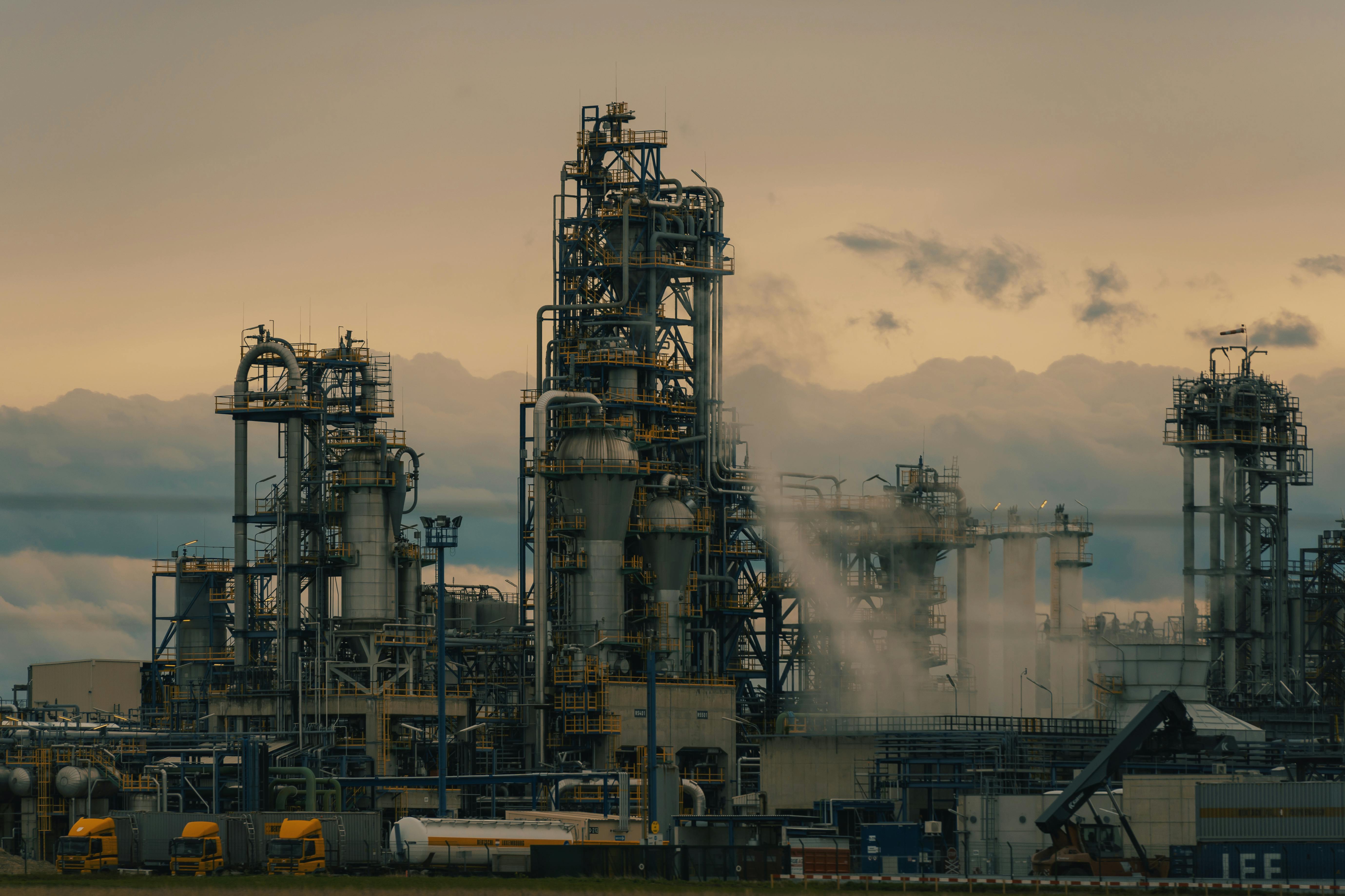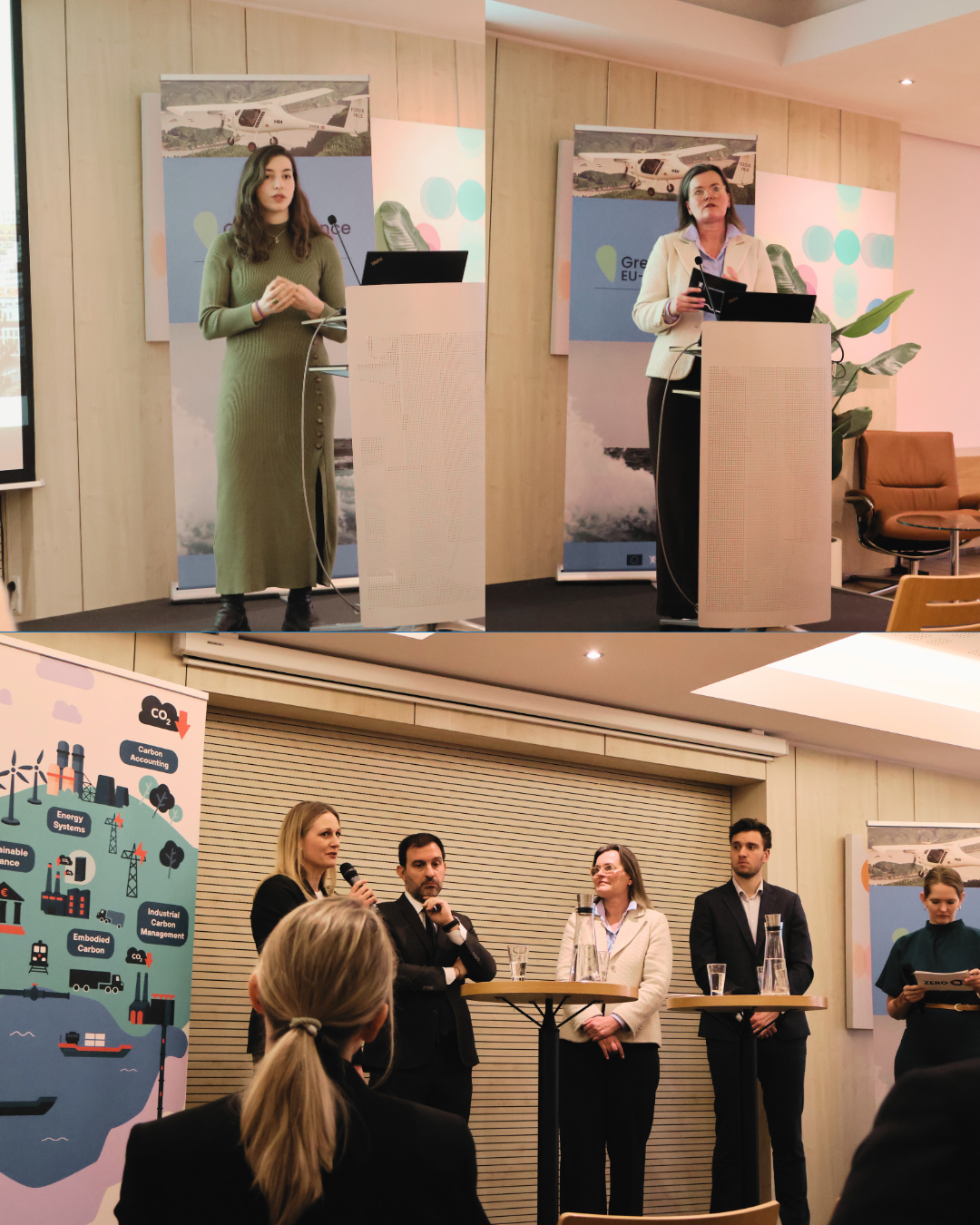
Joint letter – ICC reform and expansion risks diverting ETS Revenues from real climate action
In light of the European Commission’s ongoing considerations to amend the ETS State Aid Guidelines, revising the rules for Indirec...
News

Publish date: September 27, 2007
News
The report entitled “Prospects for Development of Non-conventional and Renewable Sources of Energy on the Kola Peninsula” was written by researchers from the Kola Scientific Centre RAN. The seminar also included discussions of Bellona’s position paper "Renewable Energy on the Kola Peninsula."
Bellona Murmansk officials also held a press conference to discuss the prerequisites and possibilities of cooperation toward the development of renewable energy, and the authors of the report discussed the potential of renewable energy in the region.
“The Murmansk Region is one of the regions in Russia where a shift to renewable energy sources is most important,” said Bellona Murmansk’s coordinator of energy projects, Nina Lesikhina.
“This is due in the first place to the presence of aged and dangerous nuclear reactors at the Kola Nuclear Powe Plant, and the growing dependence on oil and gas, the refining of which in Arctic conditions increases ecological risks by many times.”
Representatives of the Kola Scientific Centre and representatives of the Murmansk Regional Administration spoke at the seminar on their assessment of perspectives of developing renewable energy. The Russian wind energy company Veterenergo provided a presentation of their experience using wind energy.
The Bellona Foundation spoke about the ideas and experiene with organising an energy forum as a basis for business, government and societal cooperation on clean energy issues.
At the end of the seminar a meeting of the working group on the development of planning work in the sphere of alternative and renewable energy in the Murmansk Region took place.

In light of the European Commission’s ongoing considerations to amend the ETS State Aid Guidelines, revising the rules for Indirec...

Three main asks: Set robust low-carbon definitions as soon as possible: Without clear thresholds, non-price criteria in procurement lack the dec...

On 24 February 2025, Bellona Europa co-hosted a breakfast seminar at Norway House in Brussels alongside ZERO and the Mission of Norway to the EU, bringing together policymakers, manufacturers, and procurement practitioners around a single conviction: European cities hold a decisive and largely untapped lever for decarbonising construction. With the revision of the EU Public Procurement Directives on the horizon, the moment to use it is now.

Opening remarks and future of EU CRCF Market Christian Holzleitner, Head of Unit for Land Economy and Carbon Removals&nb...

Together with six NGOs and five industry partners, Bellona Europa signed a joint letter on the RFNBO Delegated Act, reiterating that now is not the t...
Get our latest news